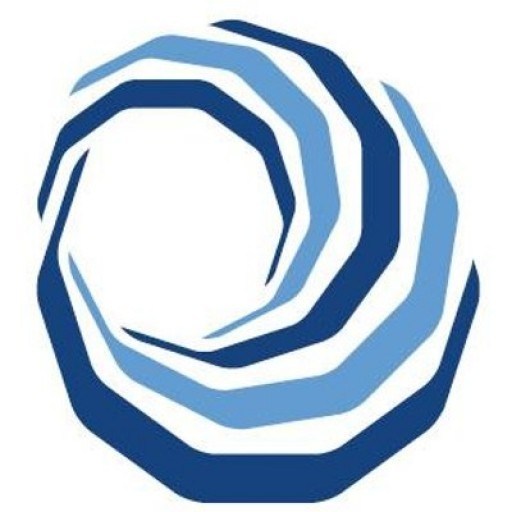Photos of university / #sdstatepics
Electrical Engineering at South Dakota State University offers a comprehensive and rigorous program designed to prepare students for successful careers in the rapidly evolving field of electrical and electronic systems. The curriculum combines foundational principles in physics, mathematics, and engineering with hands-on experience in designing, analyzing, and implementing electrical devices and systems. Students will gain expertise in areas such as circuit analysis, digital systems, control systems, power electronics, signal processing, telecommunications, and renewable energy technologies. The program emphasizes both theoretical understanding and practical skills, ensuring graduates are well-equipped to tackle real-world engineering challenges.
Throughout their studies, students have access to state-of-the-art laboratories and research facilities, enabling them to work on innovative projects and conduct cutting-edge research. The coursework is complemented by opportunities for internships, co-op placements, and collaborations with industry partners, giving students valuable professional experience and networking opportunities. The faculty members are experienced engineers and researchers dedicated to mentoring students and fostering a stimulating learning environment.
The Bachelor of Science in Electrical Engineering prepares graduates for diverse career paths in industries such as power generation and distribution, telecommunications, automation, robotics, and electronics manufacturing. Graduates are also well-positioned for advanced study in graduate programs or professional certifications. The program aims to develop critical thinking, problem-solving skills, and ethical decision-making, ensuring students are prepared not only for technical excellence but also for leadership roles in their future careers. With a solid foundation in both theory and practice, graduates of this program are ready to contribute to technological advancements and innovation in the electrical engineering domain.
Detailed Course Facts
Application deadline June for Fall semester; November for Spring semester Tuition fee- USD 10146 Year (National)
- USD 18044 Year (International)
Duration full-time 48 months Languages Take an IELTS test
- English
Course Content
The curriculum provides students with a broad, practical education, including 53 credit hours of Electrical Engineering courses, 12 credit hours of technical electives, and a two-semester senior design sequence that allows students to work in teams designing and building a significant project. In their senior year, students may choose an emphasis area from Electrical Engineering technical electives.
Emphasis Areas:- Biomedical Engineering
- Communications and Advanced Electronics
- Computers-Digital Hardware
- Electronic Devices and Materials
- Image Processing
- Power Systems
English Language Requirements
IELTS band : 5.5 TOEFL paper-based test score : 500 TOEFL iBT® test : 61
To study at this university, you have to speak English. We advice you to
take an IELTS test. More About IELTSRequirements
Students are encouraged to apply six to ten months prior to the semester they wish to attend in order to arrange housing, apply for financial assistance, and attend new student orientation/early registration programs.
Students may declare an Electrical Engineering major upon being accepted into the university. However, the student must maintain a minimum cumulative grade point average (CGPA) and a minimum grade point average (GPA) for all courses taken in the major. A student initially enrolls as a pre-engineering major in the Jerome J. Lohr College of Engineering.
Work Experience
No work experience is required.
Related Scholarships*
- Academic Excellence Scholarship
"The Academic Excellence Scholarship can provide up to a 50 % reduction in tuition per semester. These scholarships will be renewed if the student maintains superior academic performance during each semester of their 3-year Bachelor programme. The scholarship will be directly applied to the student’s tuition fees."
- Alumni Study Travel Fund
Scholarships for students who are already attending the University of Reading.
- Amsterdam Merit Scholarships
The University of Amsterdam aims to attract the world’s brightest students to its international classrooms. Outstanding students from outside the European Economic Area can apply for an Amsterdam Merit Scholarship.
* The scholarships shown on this page are suggestions first and foremost. They could be offered by other organisations than South Dakota State University.
Funding
During the second semester of the freshman year, students are encouraged to apply online for Electrical Engineering scholarships. The program offers approximately 30 scholarships totaling $40,000 each year. The College of Engineering also offers scholarships to all engineering students, for which Electrical Engineering students usually average five to six scholarships totaling $7,500 each year.
Accreditation
The undergraduate Electrical Engineering (EE) major is accredited by the Engineering Accreditation Commission of ABET.








